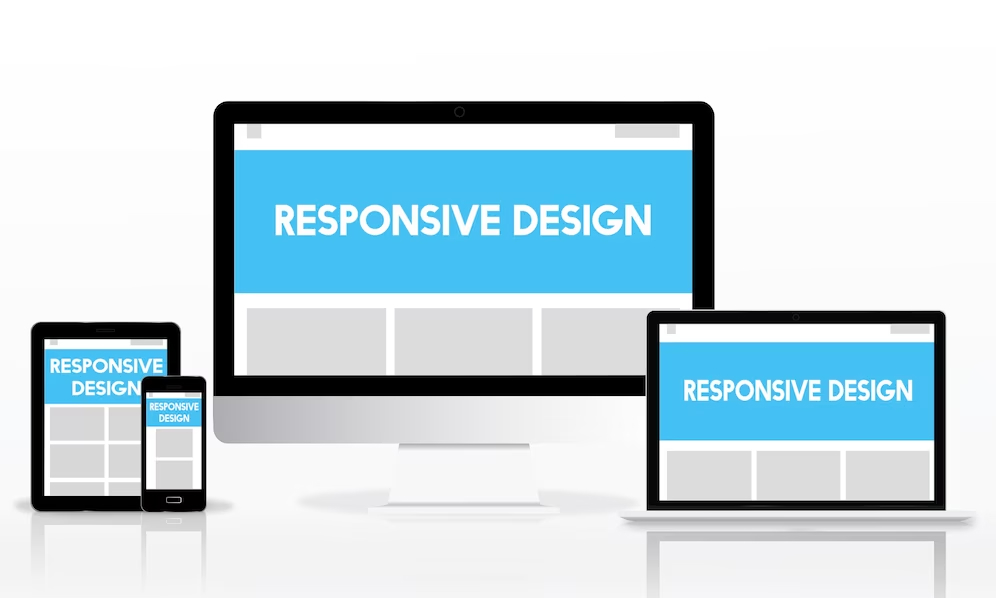Responsive web design is a web design technique that employs versatile designs and media queries to ensure that web pages appear correctly across a variety of devices and screen sizes.
Why is responsive web design important?
There are multiple reasons why responsive web design is crucial, such as:
- Improved user experience: Responsive web design makes your website visible to users on all devices, which can result in a better user experience.
- Increased accessibility: Responsive web design makes your website more accessible to users with impairments because they can view it on their preferred device.
- Better SEO: Responsive web design can also benefit your website’s SEO rating, as Google and other search engines prefer mobile-friendly websites.
Benefits of responsive web design:
- Improved user experience: As previously stated, responsive web design guarantees that your website is available to users on all devices, resulting in a better user experience.
- Increased accessibility: Responsive web design makes your website more accessible to users with impairments because they can view it on their preferred device.
- Better SEO: As previously said, responsive web design can assist boost your website’s SEO rating, as Google and other search engines prefer mobile-friendly websites.
- Reduced development expenses: Because you just need to construct one version of your website that can be viewed on all devices, responsive web design can assist minimize development costs.
Responsive web design is essential for any website owner who wants to ensure that their site is available to users on all devices. There are numerous advantages to employing responsive web design, such as improved user experience, expanded accessibility, and improved SEO. If you are unsure how to apply responsive web design, there are numerous tools accessible online to assist you.

